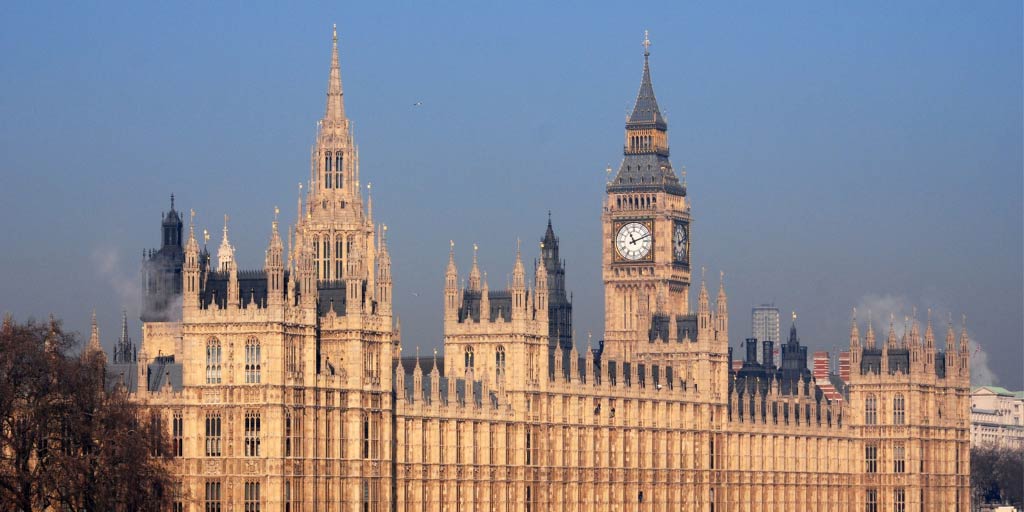This information should not be interpreted as financial, tax or legal advice. Mortgage and loan rates are subject to change.

Categories: government and politics | renters reform bill
Conservative peers in the House of Lords are aiming to stifle progress on the Renters’ Rights Bill and push it back to autumn 2025, prompting some concern about conflicting interests.
The prospect of a longer grace period to prepare for the Renters’ Rights Bill’s sector-shaking reforms may be positive news for private landlords.
However, it has been observed that many peers looking to delay or amend the bill are private landlords themselves, or have vested interest in the private rental sector (PRS), leading to accusations of foul play.
The Baroness’s battle
Baroness Jane Scott of Bybrook is one of the leading Tory peers pushing against the bill’s controversial reforms – namely the ban on Section 21 “no fault” evictions.
According to reports from The i Paper and The Guardian, Baroness Scott has been meeting privately with significant PRS figures to discuss a plan of action.
Assembling a roundtable of private landlords, she told the circle that she would do everything in her power to delay the bill. A legal challenge under human rights law was also discussed.
Baroness Scott’s stalling strategy involves forcing debate on multiple amendment proposals, without expecting all of them to be approved; she expects to be able to hold the bill off until autumn.
Some attendees claimed to be uncomfortable with the tone of the meeting, citing that the Baroness’s tactics only prolong the inevitable, and that it is best for landlords to make swift preparations for the upcoming changes.
One of the Baroness’s primary arguments against the Renters’ Rights Bill is the so-called “landlord exodus” it is causing, but she confessed in the meeting that there was a lack of data to hand to support these claims.
Conflicts of interest?
Alongside Baroness Scott, several other Conservative peers have proposed amendments that would keep fixed-term tenancies as an option for private landlords.
Of those in favour of fixed-term tenancies continuing, Lord Strasburger, Lord Carrington and Lord Jamieson are known to be landlords.
Another landlord peer, the Earl of Kinnoull, has proposed amendments that would relax rules surrounding fines for private landlords.
He suggested that fines for landlords who fail to join the PRS database or found to have provided fraudulent information should be reduced. The Earl of Kinnoull also wants more legal processes to prevent unnecessary discrimination fines being raised against landlords.
Anny Cullum, a policy officer at the community campaign group Acorn, accused the Conservative party of colluding with the property industry. She levied the common criticism that House of Lords members are unelected, yet have the power to impede progress of new legislation:
The comments by Baroness Scott have confirmed what we suspected: that there is a coordinated attempt by landlords and their supporters within the Lords to frustrate the progress of the Renters’ Rights Bill.
Unelected and unaccountable Tory peers are using underhand tactics to deliberately delay this vital legislation even more – legislation that many of them supported in its previous guise under the last government.
Similarly, Polly Neate, the chief executive of Shelter, made scathing comments against the “self-interested” peers:
England’s 11 million private renters have been waiting years for genuine security and safety in their homes. With reform finally on the horizon, it’s utterly disgraceful that a handful of self-interested peers are resorting to cynical delay tactics designed to slow the progress of the Renters’ Rights Bill to a crawl.
However, it is nothing new for politicians to meet with industry leaders. Speaking in defence of Baroness Scott’s meetings with landlords, a Conservative spokesperson said:
The Conservatives have been warning that this bill is deeply flawed, as it will lead to a reduced supply of rental homes … As is standard practice with all legislation, the official opposition engages privately with a range of stakeholders to hear their views.
What timeframe can landlords expect?
In response to the recent news, some in the property industry are readjusting their predictions for when the Renters’ Rights Bill may come into law.
Insurance agency Housing Hand now forecast the bill’s finalisation in October or November 2025, in line with Baroness Scott’s pledge to drag the Lords debates out until autumn.
However, these later estimates are not guaranteed. Summer 2025 is still a more mainstream prediction in the property industry. As such, landlords are still encouraged to prepare for the upcoming reforms sooner rather than later.
On 22nd April, the Lords’ Committee Stage will allow for further debate and amendment recommendations for the Renters’ Rights Bill. The Royal Assent is still expected to happen in June or July 2025.


